
Shapeshifter is the second studio album by American alternative rock band Marcy Playground, released on November 2, 1999, by Capitol Records.
Wasis Diop is a Senegalese musician of international renown, known for blending traditional Senegalese folk music with modern pop and jazz.

In the Face of Funk is a studio album by the funk group Cameo, released in 1994. It was their first album of newly written material since 1992's Emotional Violence. The album reached No. 83 on Billboard's R&B chart. Apart from two new studio tracks on the 1996 live album, Nasty, Cameo did not release another album of new material until 2000.

Djibril Diop Mambéty was a Senegalese film director, actor, orator, composer and poet. Though he made only five feature films and two short documentary films, they received international acclaim for their original and experimental cinematic technique and non-linear, unconventional narrative style.
Lena Fiagbe is a British pop-soul singer-songwriter, best known for her 1993 UK top 20 hit single, "Gotta Get It Right". She was signed to U2's record label, Mother Records.

Waliou Jacques Daniel Isheola "Wally" Badarou is a French musician. Born in France with ancestry from Benin, West Africa, Badarou is known for his close association with the English group Level 42, and for his prolific work as a session musician with a wide variety of performers from around the world.
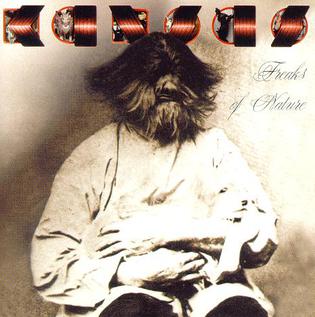
Freaks of Nature is the twelfth studio album by the American rock band Kansas, released in 1995. Two edited singles were issued but did not chart, nor did the album itself, making it the only Kansas studio album not to appear on any Billboard chart. The band promoted the album by touring with the Alan Parsons Project, and then opening for Styx.

Distino di Belita is an album by Cesária Évora, released in 1990. It was co-produced by the Parisian label Mélodie. The album was a chart success in Europe.

Stephanie Andrea Biddle is a Canadian jazz singer and actress.
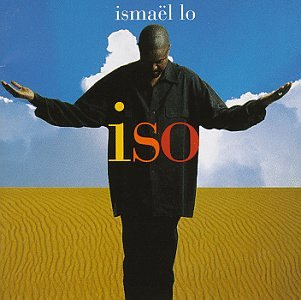
Iso is an album by Ismaël Lô, released in 1994. The album contains soft guitar melodies, and traditional Senegalese mbalax. It peaked in the top 10 on Billboard's World Albums chart.
Mother Records was a record label founded by the band U2 in 1983 and distributed by parent Island Records. As a supportive promotional platform, the label released several one-off single releases for The Hothouse Flowers, In Tua Nua and Cactus World News among others.
Babacar Maurice Diop, also known as Bu Baca Diop or Bu Baca, is an Australian-based Senegal-born musician and is the front man of eponymous bands. His music is Afro jazz and world jazz. The album, Stand, was nominated for the 1995 ARIA Award for Best World Music Album.

Set is an album by the Senegalese musician Youssou N'Dour, released in 1990. The album in part inspired the Senegalese youth movement Set-Setal, which sought to beautify Dakar.

Fanning the Flames is an album by the American musician Maria Muldaur, released in 1996. Muldaur labeled the album's music "bluesiana", a combination of blues and Louisiana good-time music. Muldaur included songs with political or topical themes, a choice she had rarely made in the past.

Sol Negro is the debut album by the Brazilian musician Virginia Rodrigues. It was released in 1997. The album peaked at No. 7 on Billboard's World Albums chart.
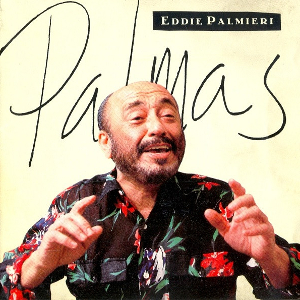
Palmas is an album by the American musician Eddie Palmieri, released in 1994. Palmieri supported the album by playing shows with Milton Nascimento.
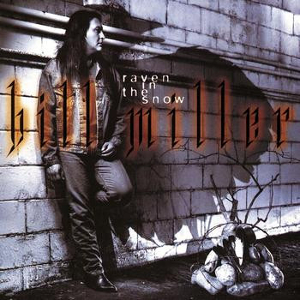
Raven in the Snow is an album by the Native American musician Bill Miller, released in 1995. The first two singles were "River of Time" and the title track. Miller supported the album by opening shows for the BoDeans and then Tish Hinojosa.

Bambay Gueej is an album by the Senegalese musician Cheikh Lô. It was released toward the end of 1999, with an international release in 2000. Lô supported the album with a European tour.
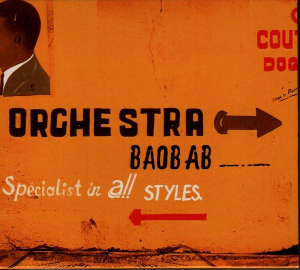
Specialist in All Styles is an album by the Senegalese band Orchestra Baobab, released in 2002. After the success of the Pirates Choice reissue, the band decided to record a reunion album. It was Orchestra Baobab's first album in 15 years. The album title was taken from a sign hanging outside a barbershop.

Roadhouse Rules is an album by the American musician Lonnie Brooks, released in 1996. It was his seventh album for Alligator Records. The album peaked at No. 15 on the Billboard Blues Albums chart. Brooks supported it with a North American tour.
















